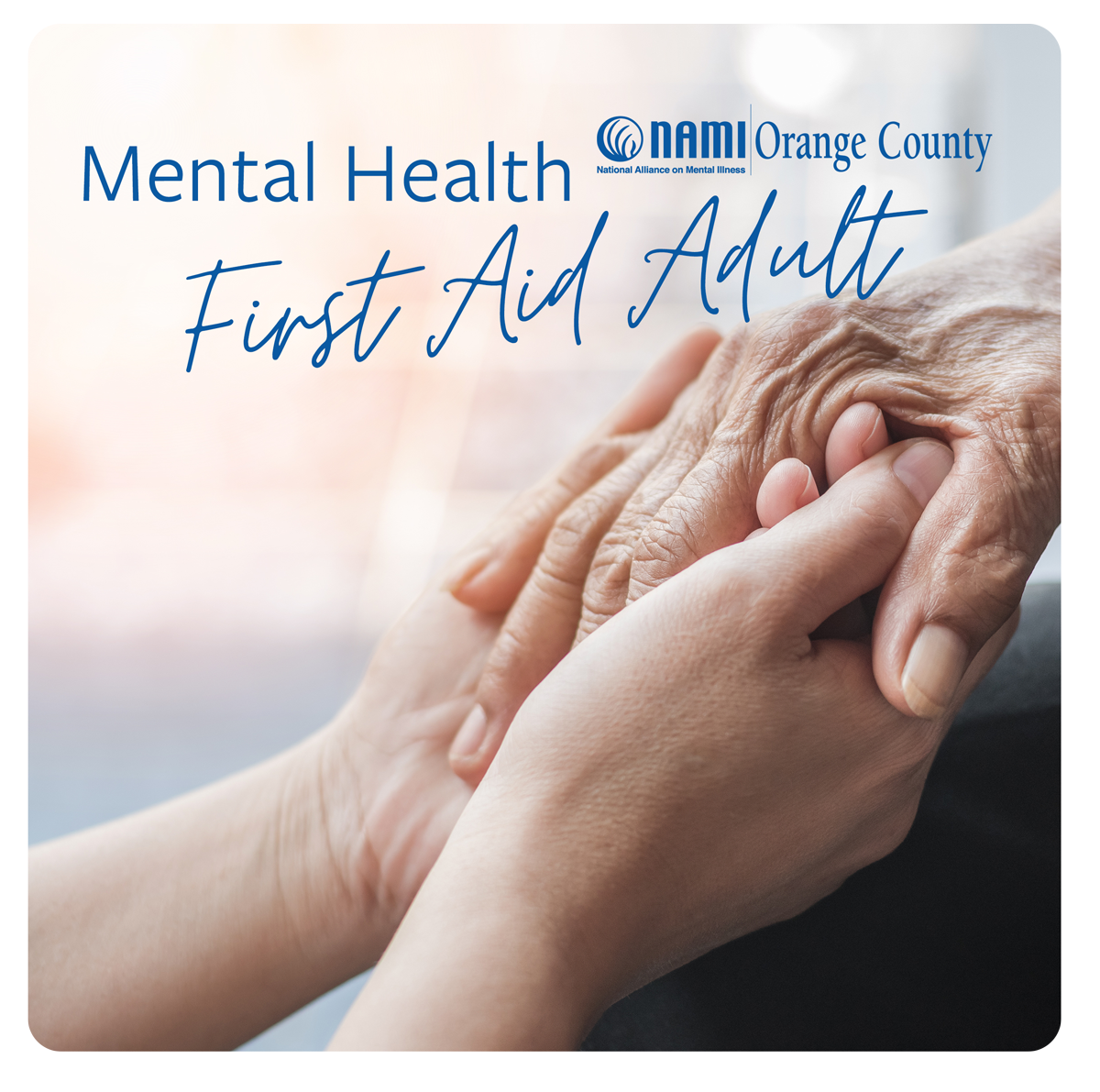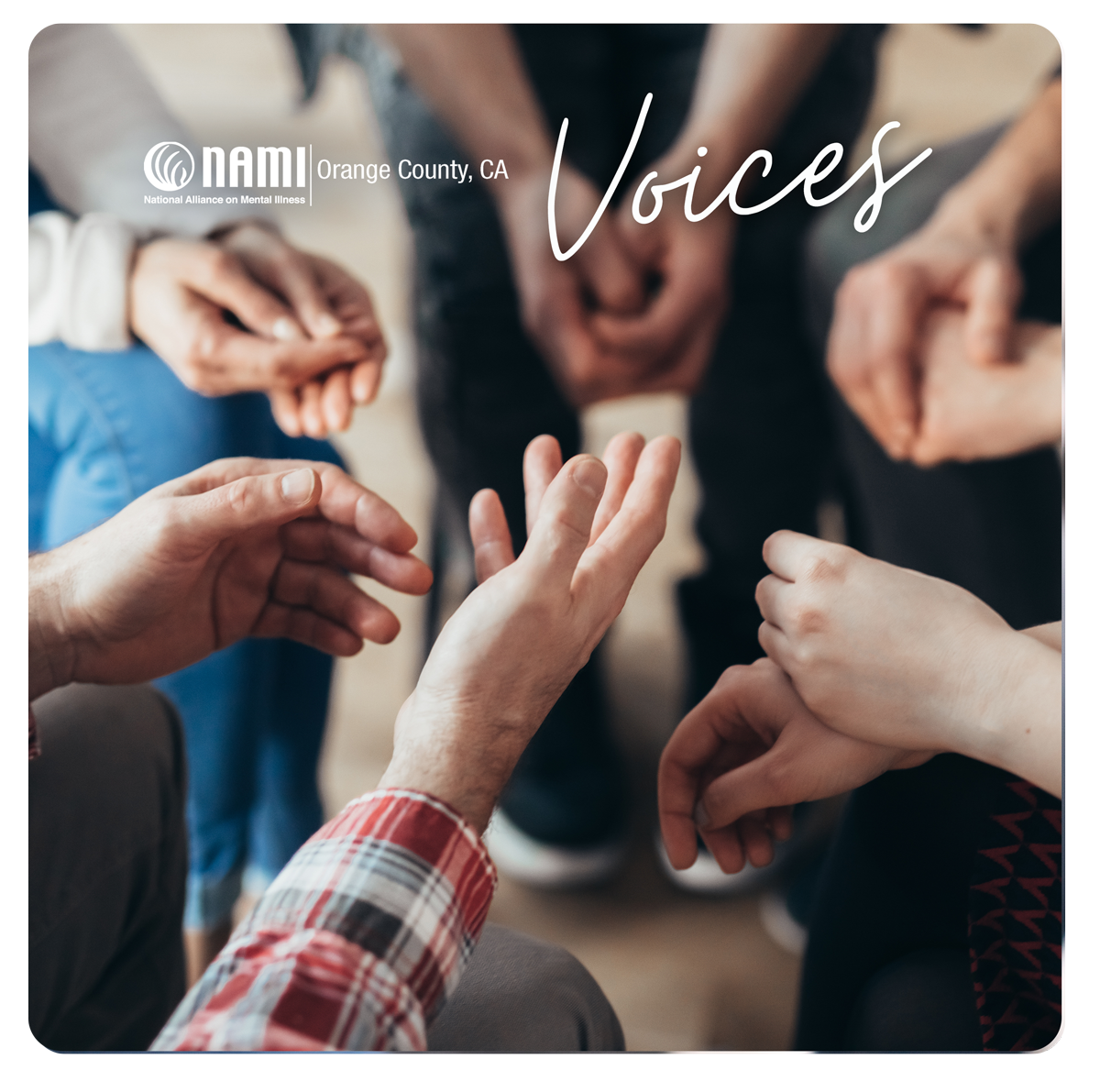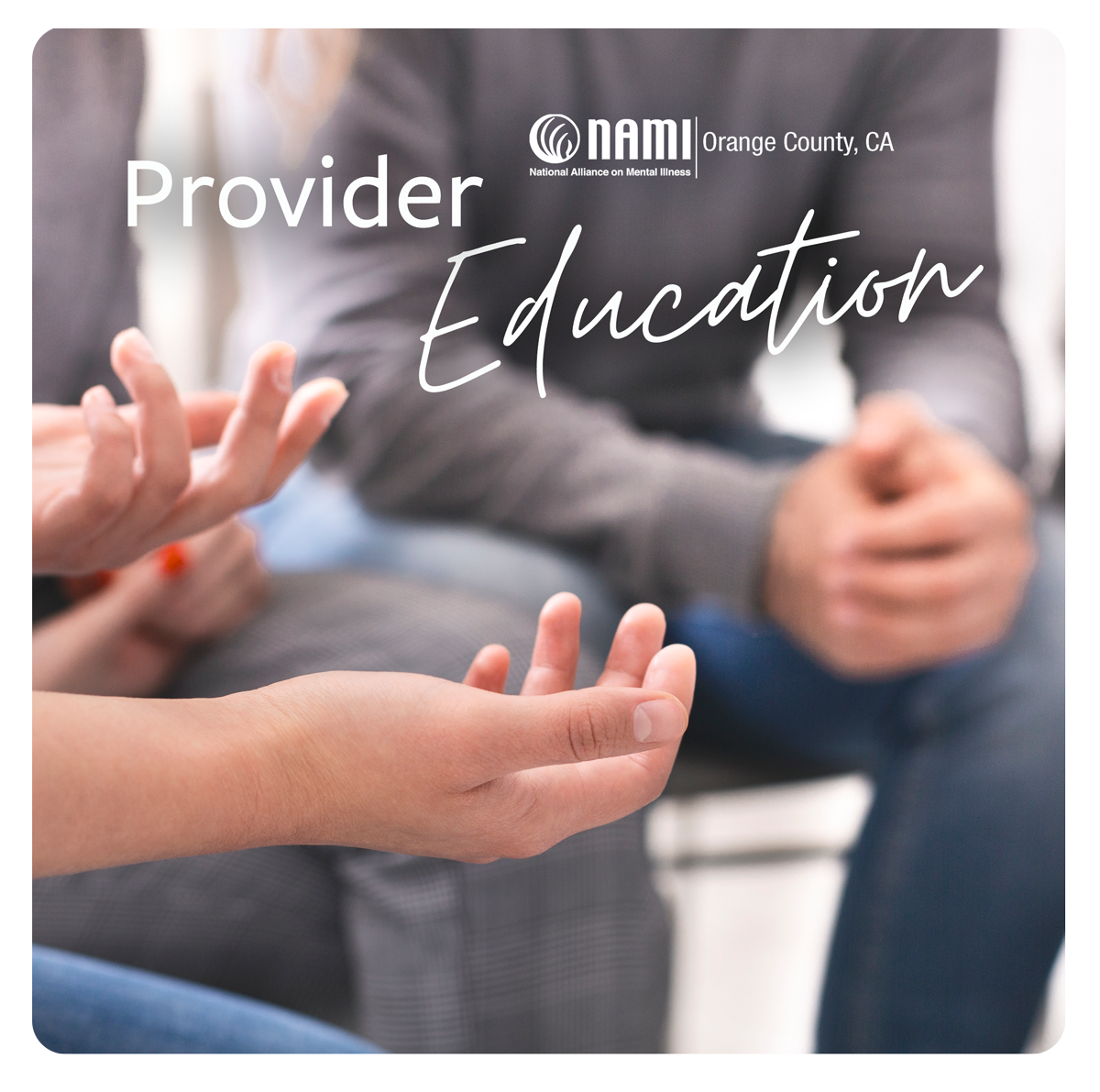Crisis Intervention Training &
Responder Support
In collaboration with Western Youth Services, NAMI Orange County is funded by the Orange County Healthcare Agency to provide free mental health training, de-escalation tactics, and staff wellness best practices to First Responders. Crisis Intervention Training (CIT) is specifically targeted to anyone who may interact with a person experiencing a mental health crisis in a professional capacity.
Mental Health First Aid Adult
Mental Health First Aid teaches you how to identify, understand and respond to signs of mental illnesses and substance use disorders. This 8-hour training gives you the skills you need to reach out and provide initial support to someone who may be developing a mental health or substance use problem and help connect them to the appropriate care. Adult Mental Health First Aid gives community members the skills they need to reach out and provide initial support to individuals in-crisis or in-need of support, while connecting them to the appropriate care.
Voices
A unique opportunity to engage with an eye-opening consumer panel that highlights the lived experiences of individuals on their mental health journey. Gain increased understanding from individuals, families, and community members as they present their day-to-day experiences with mental health, dispel common mental health condition myths, and answer any questions you may have. This is an hour long candid presentation from a persons’ perspective on how they navigated a serious mental health crisis with the help of first responders.
Provider Education
Provider Education is a no-cost, 15-hour program of in-service training taught by a team of an adult with mental illness, a family member, and a mental health professional. NAMI Provider Education introduces mental health professionals to the unique perspectives of individuals living with mental illness and their families. Participants will learn to develop enhanced empathy for their daily challenges and recognize the importance of working through these challenges during the treatment process.




